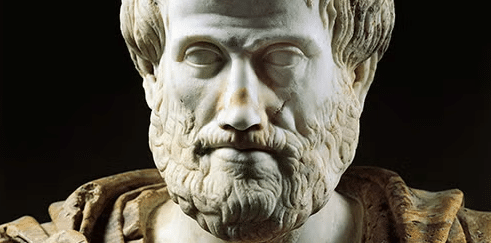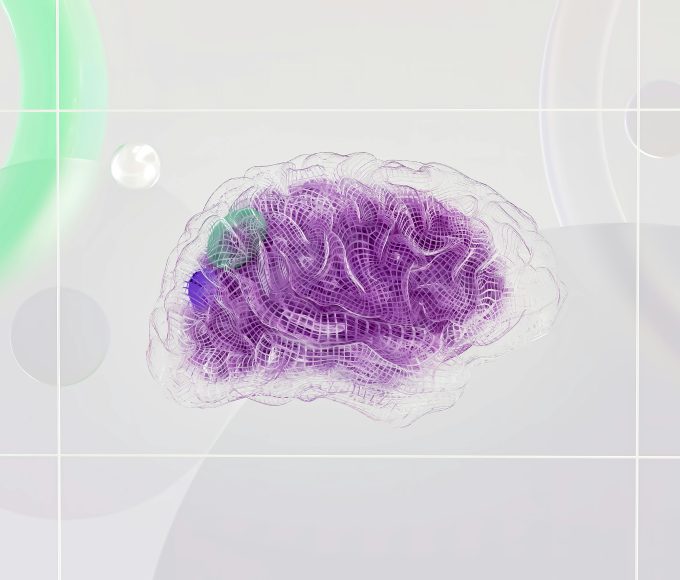Aristotle, the famous ancient Greek philosopher, had some timeless advice: balance is the key to a good life. Aristotle’s Golden Mean teaches us to avoid extremes—whether it’s overindulging or completely depriving ourselves.
Surprisingly, this 2,300-year-old idea fits perfectly with today’s health trends. Whether it’s how we eat, exercise, or care for our mental health, Aristotle’s Golden Mean offers a refreshing guide to a sustainable, balanced lifestyle.
Moderation in Nutrition: The Anti-Diet Diet
From keto to juice cleanses, modern diets often swing to extremes. Aristotle would probably side-eye the idea of cutting out entire food groups. Instead, he’d suggest eating a variety of foods in moderation.
Science agrees. A study from the Harvard T.H. Chan School of Public Health highlights the benefits of a balanced diet rich in fruits, vegetables, whole grains, and healthy fats. Overly restrictive diets, on the other hand, can lead to burnout or binge eating.
The takeaway? Love your kale smoothie, but enjoy that slice of pizza without guilt. Striking a balance ensures long-term health and happiness, just as Aristotle would have suggested.
Exercise: Finding the Sweet Spot
When it comes to fitness, some people go all out, while others barely move. Aristotle’s Golden Mean offers a healthier approach: find the middle ground.
The Centers for Disease Control and Prevention (CDC) recommends at least 150 minutes of moderate exercise weekly for adults. Pushing far beyond this may not always lead to better results and could even lead to overtraining, injuries, or mental burnout.
Aristotle’s advice? Consistency over intensity. A brisk walk, a yoga session, or a light jog a few times a week can do wonders. The goal isn’t to exhaust yourself but to keep your body moving in a way that feels good and sustainable.
Mental Health: Rest Meets Activity
Aristotle’s balance is just as relevant for mental health. Overworking can lead to burnout, while too much relaxation can make us feel unmotivated or bored. The Golden Mean here involves intentional downtime paired with active engagement.
Research from the American Psychological Association (APA) shows that mindfulness practices, like gratitude journaling or meditation, can reduce stress. But the benefits multiply when balanced with goals or social connection. For example, scheduling a mindful walk with a friend could check both boxes—rest and activity.
Why Aristotle’s Golden Mean Still Works
The beauty of Aristotle’s Golden Mean lies in its timeless wisdom. It’s not about perfection—it’s about balance. When we apply this philosophy to our health, we avoid the rollercoaster of extremes.
By embracing moderation in what we eat, how we exercise, and how we care for our minds, we make these habits sustainable. After all, health isn’t a sprint; it’s a marathon. And if Aristotle were our coach, he’d cheer for every balanced step we take.
So, the next time you’re tempted to dive into the latest health craze or skip self-care altogether, think of Aristotle. His Golden Mean is a gentle reminder that balance—not excess or deprivation—is the key to living well.
Recommended – How to Stay Calm Under Stress: Practical Tips from Stoic Wisdom















